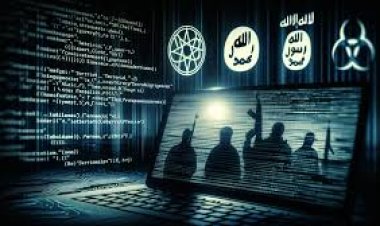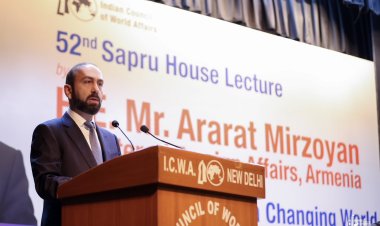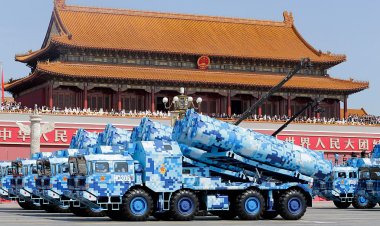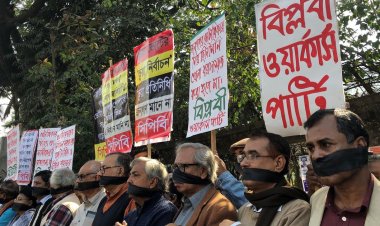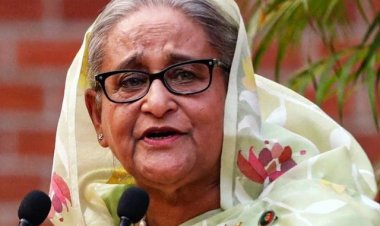Strengthening India’s Encryption and Decryption Capabilities: A Strategic Imperative
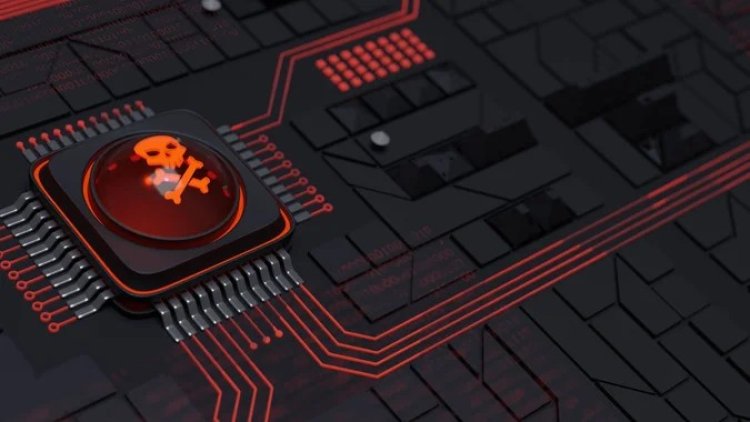
Analysis
By Umer Iqbal
The World Security landscape is in a state of fast-paced transition in this age of digitization. Security is no longer about traditional defense anymore. Today, it rests precariously on the power to anticipate and neutralize threats that play out in cyberspace. Violent non-state actors, terrorist organizations, radical movements, and adversary states increasingly turn to encrypted digital channels for coordination. Whereas encryption was first conceived to safeguard privacy and trade, it is now used as a means to protect networks that aim to destabilize societies and spread terror. For India, this is a pressing and major issue. Decades of terrorism sponsored by Pakistan, radicalization on the internet, and insurgency across borders have left the nation vulnerable to hostile encrypted communication networks. Attack plotters, terror-financiers, and recruiters have grown hard to intercept. Apps like WhatsApp and Signal provide solid end-to-end encryption schemes that are mathematically rigorous, so interception like this is virtually impossible short of having endpoint access. AI can typically be regarded as a tool that can be used to crack codes.
However, it simply can’t beat well-designed contemporary encryption techniques like AES, RSA, or more recent post-quantum schemes. AI assists cryptanalysis primarily by speeding up searches for vulnerabilities in how encryption is implemented or by identifying patterns that could suggest vulnerabilities. But it can’t crack the difficult mathematical elements that protect these systems of encryption. So, assertions that AI replaces conventional decryption techniques are premature. Quantum computing, in contrast, presents a more credible but longer-term menace. Quantum computers able to crack encryption algorithms such as RSA could be built within a few decades. That gives time to prepare. Symmetric algorithms like AES are relatively secure. That needs only tweaks to remain useful against quantum threats in the future. India’s security ecosystem has advanced signals intelligence through organizations like the National Technical Research Organisation, Defence Intelligence Agency, Research and Analysis Wing, and Intelligence Bureau.
These agencies have sophisticated systems like NETRA, which is best at traffic analysis and metadata interception, but cannot yet decrypt end-to-end encrypted material from apps like WhatsApp or Signal unless endpoint vulnerabilities are available. India is developing in the area of quantum technology research. The DRDO has recently opened centres that specialize in quantum key distribution and post-quantum cryptography. India still needs to overhaul and modernize its cyber intelligence infrastructure. India specifically must establish a single, standalone agency with the finest brains from its defense, STEM and intelligence communities to work on breaking encryption and processing data.
Concurrently, India needs to modernize its government and military infrastructure to employ the most recent international standards of encryption that can withstand emerging threats from quantum computers, which experts anticipate have the possibility to become strong enough within the next decades to decrypt current encryption mechanisms. India also needs to ensure it upholds citizens’ privacy and rights. That involves enacting transparent laws and protections so that any increased surveillance or decryption authority is employed solely for proper purposes such as combating terrorism and safeguarding the country, and not for political advantage or unwarranted incursion into individuals’ personal lives. The coming quantum revolution is filled with amazing potential on two fronts: it can develop encryption techniques based on the principles of quantum physics that are essentially unbreakable, and it can also deliver the computer power to undermine existing encryption schemes like never before. India needs to invest significantly in quantum cryptanalysis research and create a new breed of cryptographers capable of operating in this complex area if it is to continue to be strategically independent. Cooperation between the different intelligence agencies of the nation also holds the key to optimizing efficiency.
The magic formula for success will be a realistic and science-based approach. It is necessary to distinguish fact from fiction on AI or near-term quantum advances. Today, technology is increasingly complex day by day. India has a lot to protect its digital borders from. It needs to do this while at the same time upholding the rights and freedoms of its citizens. How well India succeeds in doing this will determine its resilience and robustness to threats like cross-border terrorism, cyberterrorism and cyber warfare. India’s national security could rest heavily on this in the future.
Disclaimer: This paper is the author’s individual scholastic contribution and does not necessarily reflect the organisation’s viewpoint.

